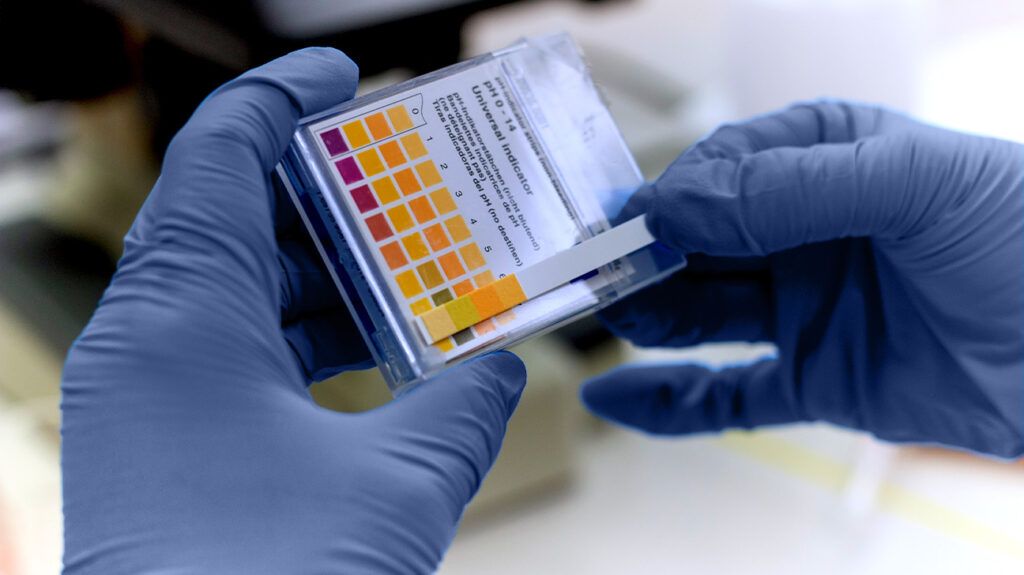Innovative Urine Test Shows Promise for Early Detection of Prostate Cancer

Introducing a Promising Non-Invasive Method for Prostate Cancer Detection

Scientists are developing a simple urine test that could enable early detection of prostate cancer, one of the most common cancers in men. This breakthrough approach uses urine-based biomarkers combined with artificial intelligence and genetic analysis to accurately identify the presence and severity of prostate cancer, potentially replacing or supplementing the current PSA blood test.
The Challenge of Early Detection
Prostate cancer remains a major health concern due to the absence of reliable biomarkers for early diagnosis. When detected early, it is highly treatable. However, current detection methods can be invasive or imprecise, leading to unnecessary procedures.
Cutting-Edge Research and AI Integration
Recent studies, published in Cancer Research, reveal that analyzing gene activity through AI models can pinpoint specific proteins in urine that serve as biomarkers for prostate cancer. These biomarkers have demonstrated superior accuracy compared to PSA testing.
“Prostate cancer can be effectively identified by analyzing the expression of candidate biomarkers in urine,” explained researcher Martin Smelik. “This method outperforms current blood tests while being non-invasive and affordable.”
Toward a New Screening Standard
The identified urine biomarkers show promise as a more accurate and less invasive alternative to PSA testing, which is limited by false positives and non-specific results. Large-scale clinical trials are underway to validate these findings and potentially incorporate this approach into routine screening programs.
Dr. Milan Sheth, a renowned oncologist, emphasized the significance of these developments: “Urinary biomarkers can distinguish not only cancer presence but also disease severity, which is critical for personalized treatment.”
Future Prospects
If proven effective, this urine test could revolutionize prostate cancer screening, reducing unnecessary biopsies and enabling earlier intervention. Researchers also hope that the techniques developed could be applicable to other cancers.
In summary:
- A new urine-based biomarker test shows potential for early prostate cancer detection.
- Combines AI and genetic analysis for improved accuracy.
- Could replace or complement PSA testing in the future.
- Large clinical trials are needed to confirm these promising results.
This groundbreaking research offers hope for more effective, non-invasive prostate cancer screening and underscores the importance of innovation in cancer diagnostics.
Stay Updated with Mia's Feed
Get the latest health & wellness insights delivered straight to your inbox.
Related Articles
Understanding Why Young Adolescents and Adults with Cancer Are Facing Unique Challenges
Adolescents and young adults with cancer face unique challenges, including lower survival rates, financial hardship, and barriers to care. Innovative research and support programs aim to bridge these gaps and improve outcomes for this vulnerable group.
Innovations in ACL Graft Techniques for Enhanced Knee Strength
Recent advancements in ACL graft processing and bioreactor cultivation aim to strengthen knee stability and reduce complications after ligament reconstruction. Learn more about this promising research from TU/e.
Harnessing Virtual Cervix Technology to Improve Pregnancy Outcomes
Discover how digital twin technology is revolutionizing obstetrics by enabling personalized models of the cervix to prevent preterm birth and improve maternal health.



